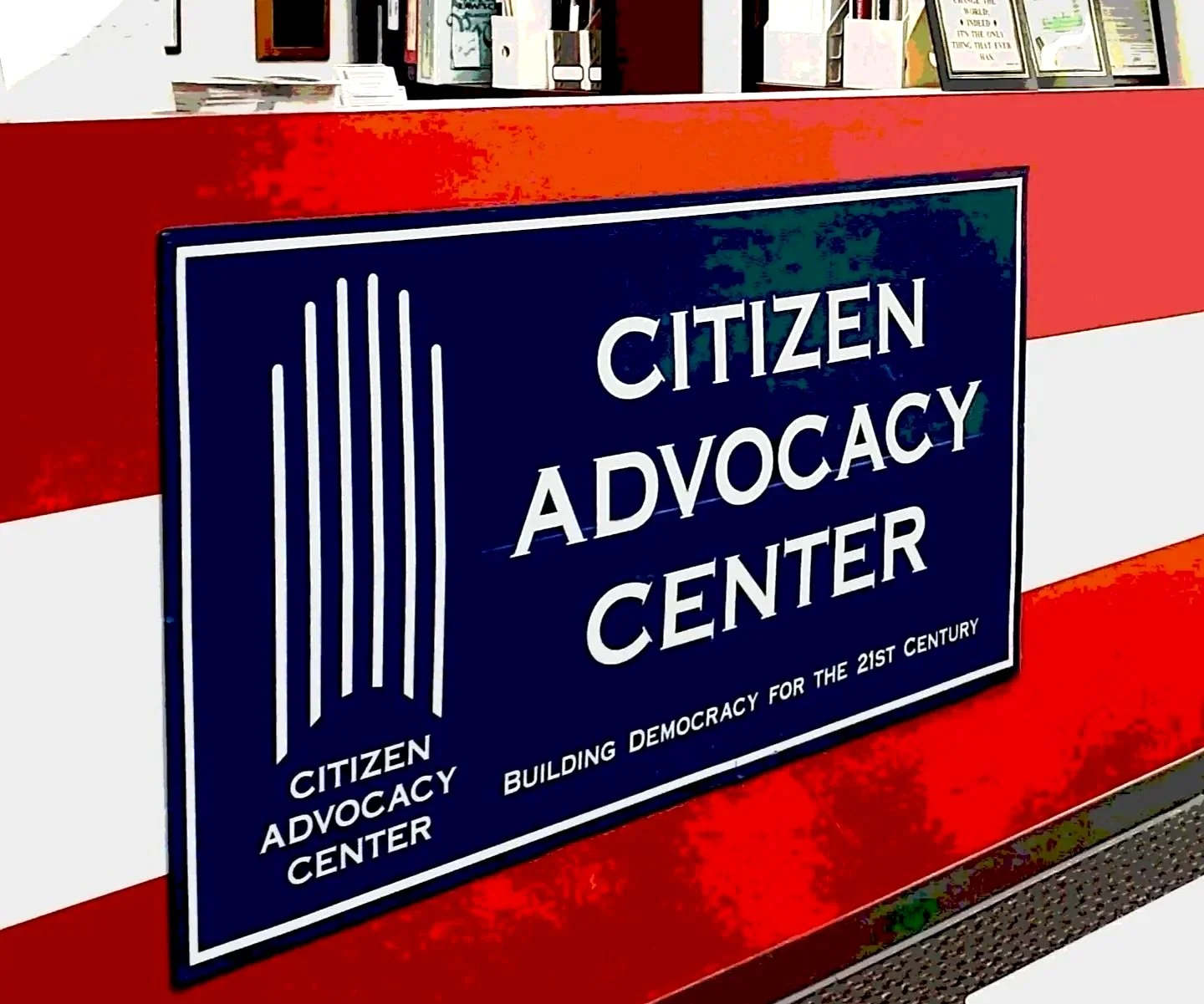Our mission at Citizen Advocacy Center is to build democracy for the 21st century by strengthening the citizenry's capacities, resources, and institutions for self-governance.
Advocacy, Community Empowerment, & Education
Advocacy
A healthy democracy requires government policies and practices that value meaningful public participation.
-
CAC answers questions of public concern from individuals, students, teachers, public officials and more about how one person can make a difference. On an annual basis, our community lawyers answer more than 200 inquiries on matters related to civic engagement, local government issues, and more.
CAC's technical assistance includes providing community advocacy and organizing assistance. The following are typical questions received by CAC:
• How may a city extend a tax increment financing district?
• Can a public body vote on items not listed on agendas during public meetings?
• How does a community group apply for a permit to hold a rally?
• What information may a public body distribute when a public body referendum is on the ballot?
• Do candidates running for municipal government have to file ethics statements?
• How is a municipal ordinance created?
• How does a community group obtain 501(c)(3) status?
• What information can the public obtain under the Freedom of Information Act?
• How can a citizen group place a referendum on the ballot to repeal home rule?
• Are there any taxing, spending, or regulating limits on home rule bodies?
• Can a public body prohibit taping of a public meeting?
• Can a public body refuse to let a political or religious group use meeting space?
-
CAC engages with government entities to clarify legal issues, file administrative appeals, or, only as a last resort and on select cases, litigate to enforce the law, clarify ambiguities in the law, or create new legal rights.
-
CAC monitors government activity, audits government practices, develops best practices for government bodies, and creates databases of government records.
Monitoring Government Activity: CAC holds open the doors of government monitoring government meetings, making recommendations that increase accountability and transparency, and taking action to remove anti-democratic policies and procedures.
The following are examples of CAC’s government monitoring activity:
• Adhering to the Open Meetings Act;
• Complying with the Freedom of Information Act
• Investigating procurement policies
• Monitoring campaign contributions
• Surveying of Government Practices
• Creating databases of Government Records
• Development of Best Practices
Community Empowerment
A healthy democracy requires a citizenry motivated to participate in the civic life of their community. CAC is a hub for:
-
Organizing and working with other nonprofit organizations, public officials, and community leaders to diversify voices calling for action on topics related to meaningful and just access the democratic process.
-
Want to make a positive change in your community? CAC offers specialized democracy coaching to help community members organize a campaign, connect with local elected officials, and activate your neighbors!
-
Introducing constituents with similar interests to each other.
Education
A healthy democracy requires a citizenry with the skills, knowledge, and confidence to participate in the democratic process. CAC provides:
-
CAC provides a robust array of resources for educators to make learning about democracy and civic engagement relevant and relatable to students
This includes seminars for journalists, educators, public officials, and lawyers on a wide range of civic and legal topics.
-
Community forums highlight current events, stimulate community discussion, and teach how to use basic civic skills and legal tools.
-
Hands-on opportunities for students to learn how government really works and how to impact government decision-making. Resources include free classroom speakers, lesson plans, and curriculum development assistance.

Our community lawyers work on systemic issues of public concern.
Requests for Assistance and Projects are carefully evaluated by the following criteria:
Is this a matter of public concern where a systemic change will occur?
Was this person shut out of the democratic process because of a systemic defect?
Does this question concern access to the democratic process of publicly held information, a citizen's access to local government, the court, the airwaves, or citizen initiatives on the ballot?
Does CAC have the resources needed for the project?
Would assistance on the issue systemically address the problem?
What can be done to affect long-term change?
Is this call within CAC's geographical service area?
The CAC does not provide representation on private matters. Information contained herein is for educational purposes only. It is not offered or intended as, and does not constitute legal advice. It is a public service and is not created for the purpose of creating an attorney- client relationship, and does not create an attorney-client relationship in any manner.






